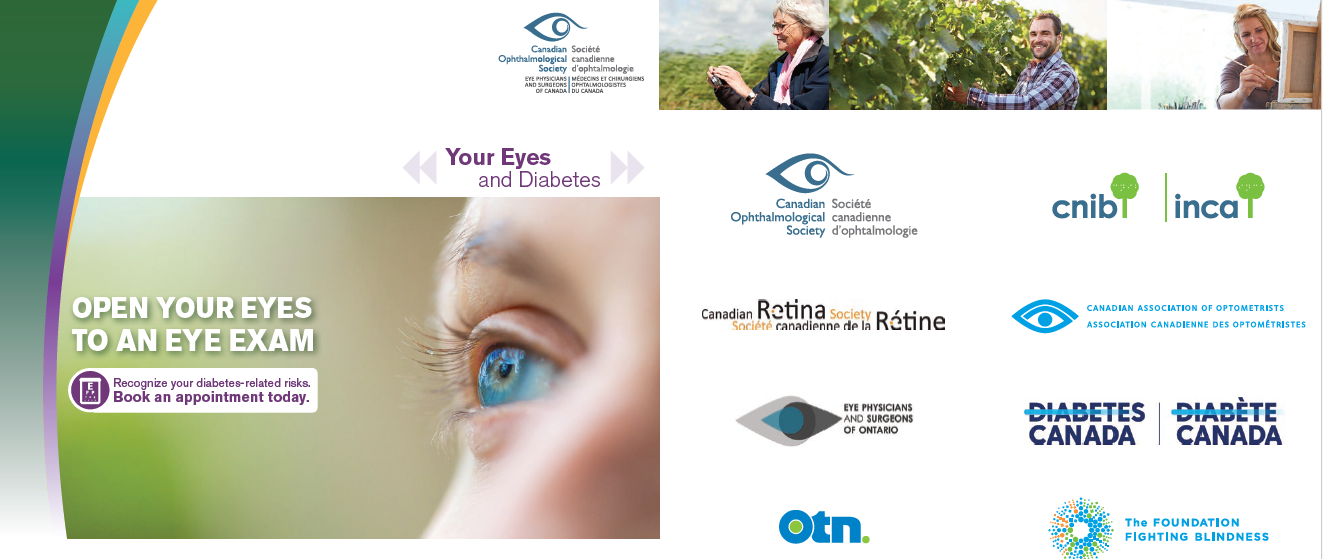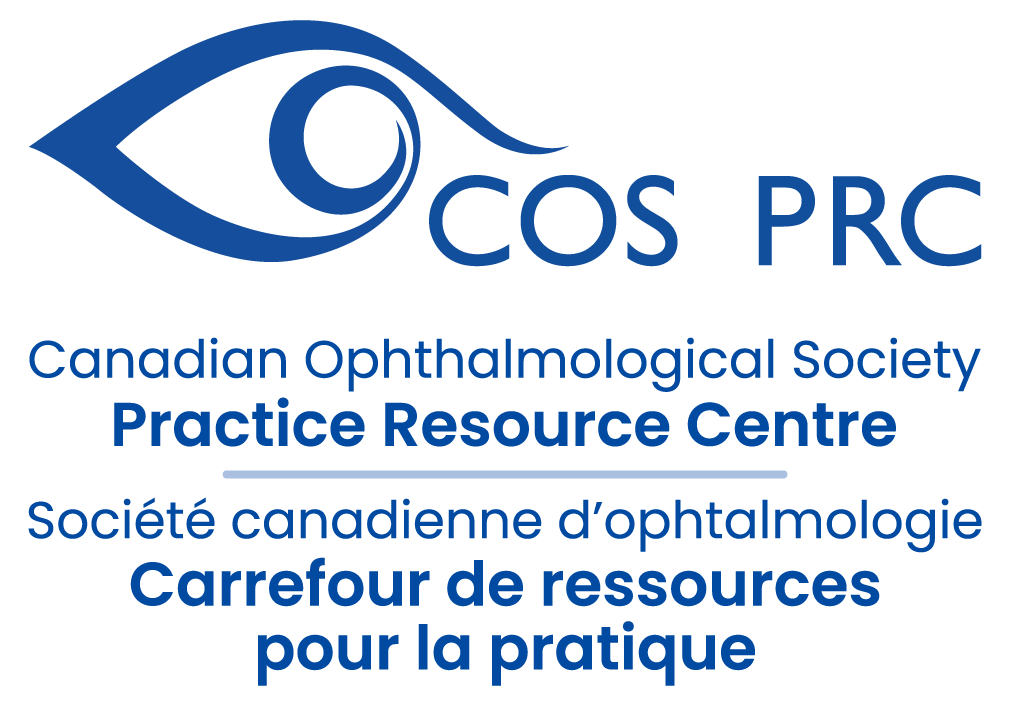OICS Guidelines for the Cleaning and Sterilization of Intraocular Surgical Instruments
December, 2020
Guidelines for the Cleaning and Sterilization of Intraocular Surgical Instruments

These guidelines are intended to assist ambulatory surgery centers (ASCs) in their efforts to adopt appropriate practices for the cleaning and sterilization of intraocular surgical instruments. They are provided for scientific, educational, and informational purposes only. They are not intended to establish the only acceptable or appropriate standards, methods, or practices for cleaning and sterilizing such instruments. Adherence to these guidelines does not guarantee compliance with any legal or regulatory standards, including without limitation the criteria for ASC licensure or certification, or Medicare or other third-party payer reimbursement. In addition, any discussion or recommendation in these guidelines regarding the use of drugs or devices that deviate from the U.S. Food and Drug Administration (FDA)–approved use of such product (ie, an “off-label use”) is made for scientific and educational purposes only and intended to fall within the FDA’s “practice of medicine” exception for off-label uses. Individual physicians must make independent judgments as to whether the off-label use of a particular drug or device is appropriate and in the patient’s best interest based on the facts and circumstances of the particular case.
Access Details
Download the full OICS Guidelines in English.
WHO’s Diabetic Retinopathy screening: a short guide (2020)
November, 2020

This guide is designed for policy-makers, public health leaders and senior clinicians involved in planning, designing and implementing diabetic retinopathy screening programmes in the WHO European Region. The purpose of screening is to identify people with diabetes who are at higher risk of developing sight-threatening diabetic retinopathy so that early treatment or intervention can be offered to reduce the incidence of vision impairment or blindness. It demonstrates how the Wilson & Jungner principles apply to diabetic retinopathy screening, describes the pathway to follow and explains how to initiate new programmes or improve the effectiveness of those already existing. The guide forms part of WHO’s efforts to increase the effectiveness of screening programmes within the Region, maximizing benefits and minimizing harm.
Access details
Download the full guide in English (PDF, 1.632 MB)
Update on Diabetes and the Eye for Primary Care Providers
This program was developed under the leadership of a multi-disciplinary steering committee, chaired by Dr. David Wong, ophthalmologist and Dr. Peter Lin, Family Physician. Steering committee members include Dr. Bernard Hurley and Dr. David Maberley (ophthalmologists), Dr. John Axler and Dr. Carl Fournier (family physicians), and Dr. Alice Cheng (endocrinologist).
This Self-Learning program has been certified by the College of Family Physicians of Canada for up to 1 Mainpro+ credits. The initiative was supported in part by an educational grant from Bayer.
- English: www.diabetesandtheeyes.com
- French: www.lediabeteetlesyeux.com
This program will reinforce the importance of primary care providers in the care of the eye of patients with diabetes. An overview is provided on the ways in which primary care providers can help close the current screening and care gap for diabetic eye disease here in Canada. Participants will understand the consequences of delays in screening and they will be introduced to a practical tool developed by COS which will help encourage eye screening in people with diabetes. To help to reduce eye complications due to diabetes, the session will also emphasize the importance of good diabetes care in general.
Program Learning Objectives:
- Describe the importance of retinopathy in patients with diabetes
- Define macular edema, and proliferative and non-proliferative retinopathy
- Recognize how to screen for these conditions
- Summarize the current treatment options for our patients
CPD Credits
This Self-Learningprogram has been certified by the College of Family Physicians of Canada for up to 1 Mainpro+ credits
Patient Brochure

Access Details
- English: www.diabetesandtheeyes.com
- French: www.lediabeteetlesyeux.com
Article from NCBI: COVID-19 – Preliminary Clinical Guidelines for Ophthalmology Practices
24 August, 2020
COVID-19 – Preliminary Clinical Guidelines for Ophthalmology Practices
Authors: Reza Gharebaghi,Jordan Desuatels,Majid Moshirfar, Maryam Parvizi,Seyed-Hashem Daryabari, and Fatemeh Heidary
Abstract
The zoonotic Severe Acute Respiratory Syndrome Coronavirus 2 (SARS-CoV-2) and its resultant human coronavirus disease (COVID-19) recently appeared as a global health threat that can cause severe respiratory infection and terminal respiratory distress. By the first week of April, more than 1.3 million people had been globally infected and more than 70,000 had lost their lives to this contagious virus.
Clinical manifestations occur shortly after exposure, or a few days later. There is controversy regarding the transmission of the virus through the tear and conjunctiva; however, there are reports that the ocular surface might be a potential target for COVID-19. The ease of transmission of this virus at close proximity presents a risk to eyecare workers. Several recommendations have been issued by local and national organizations to address the issue of safe ophthalmic practice during the ongoing COVID-19 pandemic. These guidelines have numerous similarities; however, subtle differences exist. The purpose of this paper was to discuss measures, with a specific focus on standard precautions, to prevent further dissemination of COVID-19 at Eye Clinics. We have proposed procedures to triage suspected cases of COVID-19, considering emergency conditions.
Access Details:
Read the full article COVID-19: Preliminary Clinical Guidelines for Ophthalmology Practices here
Editorial from AAO: COVID-19 and the Ophthalmology Match
August 11, 2020

COVID-19 and the Ophthalmology Match
David A. Quillen, MD – Hershey, Pennsylvania
R. Michael Siatkowski, MD – Oklahoma City, Oklahoma
Steven Feldon, MD, MBA – Rochester, New York, on behalf of the Association of University Professors of
Ophthalmology
The coronavirus disease 2019 (COVID-19) pandemic has impacted ophthalmology and medical education profoundly. In an effort to reduce the transmission of severe acute respiratory syndrome coronavirus 2, the American Academy of Ophthalmology issued a statement on March 18, 2020,urging all ophthalmologists immediately to cease providing any treatment other than urgent or emergent care.1 This recommendations endorsed by every major ophthalmology organization in the United States resulted in a 79% reduction in care, the highest decline of any medical or surgical discipline.2 Concurrently, the Association of American Medical Colleges recommended that medical schools pause all medical student clinical rotations and suggested that medical students not be involved in any direct patient care.3 The disruption was unprecedented. Medical students were unable to complete core clerkship and specialty electives at a critical time in their training. Imposed travel restrictions limited their ability to pursue rotations away from their home institutions (“away rotations”), global health experiences, and academic meetings. Social distancing requirements interrupted research activities and prevented some medical students from completing the United States Medical Licensing Examinations (USMLEs).
Read the Full Editorial, COVID-19 and the Ophthalmology Match Editorial here.
Immediate Sequential Bilateral Cataract Surgery (ISBCS) during COVID Recovery: RCOphth/UKISCRS Rapid Advice Document
July 20, 2020
This guidance has been developed by the RCOphth COVID-19 Review Team and the UK and Ireland Society of Cataract and Refractive Surgeons (UKISCRS) in response to the pandemic and may be subject to change.
We are facing significant capacity challenges brought about by the COVID pandemic. We need to restore surgery for the visual rehabilitation of cataract patients as well as maintain safe practice in the prevention of COVID transmission. One avenue being considered by some units for mitigating risks associated with multiple visits and to optimise and streamline services is the use of bilateral sequential cataract surgery (referred to by NICE as “bilateral simultaneous” surgery), that is the second eye surgery is performed immediately after the first eye surgery on the same list.
Read the Full RCOphth/UKISCRS rapid advice document guidance document on ISBCS here.
Canadian Glaucoma Society Recommendations for Providing Eye Care to Glaucoma Patients During COVID-19 Pandemic
Update – June 9, 2020



The COVID-19 Pandemic has led to widespread implementation of physical distancing measures and cessation of non-urgent medical visits and procedures. Many provinces and health authorities are now implementing relaxation of these measures. This document is to provide guidance to physicians caring for glaucoma patients to help mitigate the risk to patients and care providers while balancing the need for treatment to preserve vision. It is appropriate to resume seeing non-urgent and routine cases in areas where health authorities have relaxed isolation policies. As this is a rapidly evolving healthcare crisis, these recommendations may be modified, and we urge all clinicians to use their own best judgement to individually manage patient care with best practices in mind. These recommendations are based upon and supplemental to the March 20, 2020 COS and ACUPO Guidelines for Ophthalmic Care during COVID-19 Pandemic, the April 16 2020 CGS Recommendations for Providing Eye Care to Glaucoma Patients During the COVID-19 Pandemic, the May 12 2020 COS Ophthalmic Clinic Reopening During COVID-19 Checklist, guidelines from the American Academy of Ophthalmology, and the United Kingdom National Health Society guidelines.
Immediately Sequential Bilateral Cataract Surgery (ISBCS) – Key Points
4 June, 2020
Preamble
As a result of the COVID-19 pandemic all elective surgeries in Canada were stopped. This has resulted in a large backlog of deferred cataract surgeries. As elective surgery slowly resumes, procedures and policies need to be changed to minimize the risk of COVID which will reduce efficiencies. To address the issues of COVID-19 risk and reduced efficiencies while trying to manage the significant backlog of cataract surgeries, immediately sequential bilateral cataract surgery (ISBCS) may be a consideration. Evidence suggests similar visual outcomes and complications for ISBCS and delayed sequential bilateral cataract surgery (DSBCS). The COS has developed this guidance document summarizing the pros, cons and logistical considerations of ISBCS. This document should not be considered a replacement of individual due diligence in reviewing the literature in this area and the importance of following best practice and the needs of the individual patient.
Read the full ISBCS guidance document from the Canadian Ophthalmological Society
Recommendations from the Canadian Neuro-Ophthalmology Society regarding Neuro-Ophthalmology Care During the COVID-19 Pandemic
May 29, 2020
As we transition into a new normal with the COVID-19 crisis, the Canadian neuro-ophthalmology community has put together recommendations to help unite the process of returning back to work amidst this unprecedented time. We hope to return to the normal baseline sooner than later, but for now, we are happy to share these recommendations with you.



